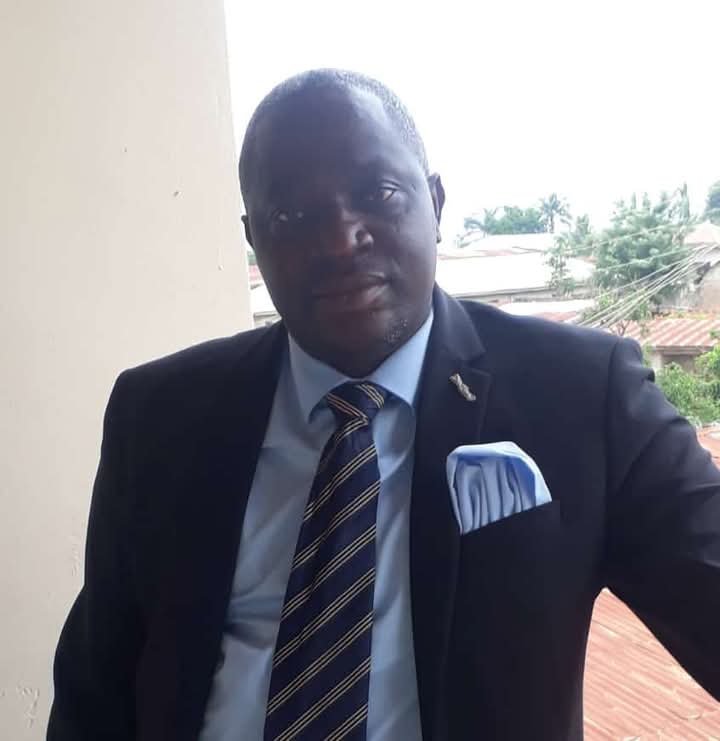Korede Abdullah in Lagos
Chief Tayo Oloruntola, a legal practitioner and prominent activist during the military era and a member of the Campaign for Democracy (CD), dismissed Babangida’s admission as an empty gesture. Speaking to with Africa Health Report (AHR), he expressed frustration that Babangida waited decades to acknowledge what was already public knowledge.
“This is an insult to the memory of MKO Abiola and all the Nigerians who died fighting for democracy. We knew he won. We fought for the revalidation of that election. Babangida’s admission does not change history—it only confirms his role as the man who destroyed Nigeria’s democratic process in 1993,” Oloruntola stated.
He further criticized Babangida’s book as an attempt to rewrite history on his own terms, rather than facing the full consequences of his actions. “If he truly regrets annulling the election, he should have said this when it mattered, not now when the truth is already established,” he added.
Former Nigerian military ruler, General Ibrahim Babangida (rtd.), has once again reignited controversy surrounding the June 12, 1993, presidential election by publicly admitting that Chief Moshood Kashimawo Olawale (MKO) Abiola won the election.
His statement, made during the launch of his book A Journey in Service, has been met with sharp criticism from many Nigerians, who see it as a delayed acknowledgment of an injustice that plunged the country into political turmoil.
Babangida reflects on the annulment of the election, describing it as “undoubtedly the most challenging moment of my life, and in certain respects, one of the most painful.” He further states, “If I had to do it all over again, I would do it differently.”
The annulment of the June 12 election, widely regarded as one of Nigeria’s freest and fairest, led to widespread protests and political unrest at the time. Babangida’s recent reflections have reopened old wounds for many Nigerians who lived through the turmoil of that period.
For years, Babangida had evaded direct admission that Abiola won what is widely regarded as Nigeria’s freest and fairest election. His decision to annul the election on June 23, 1993, sparked mass protests and resistance, ultimately leading to the rise of the brutal military regime of General Sani Abacha. Under Abacha’s rule, Nigeria witnessed severe human rights violations, the imprisonment of pro-democracy activists, and the eventual death of Abiola in detention on July 7, 1998.
Now, more than 30 years later, Babangida’s revelation is being seen as too little, too late. Critics argue that while his confession may carry historical significance, it does not absolve him of responsibility for Nigeria’s prolonged political instability in the 1990s.



